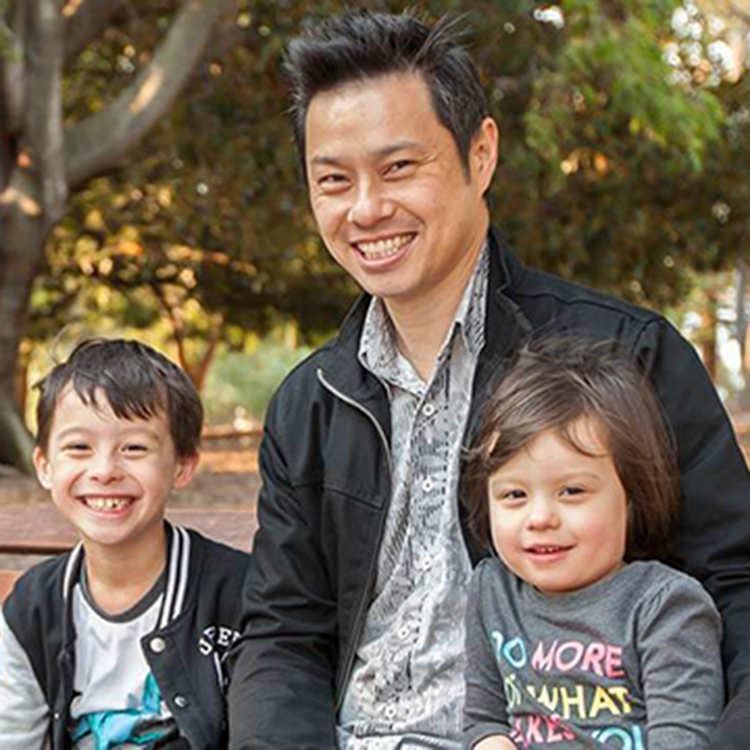Search
The Kids for Child Health Research congratulates the WA State Government on its decision not to water down pool fencing legislation.
West Australian families are being asked to play a vital role in a major new national study to unravel the causes of childhood leukaemia.
A ground breaking study of WA 5-year olds has found that more than a quarter of the children have developmental difficulties that could have life-long impacts.

Different audiences rely on us for very different things. Whether you're a valued donor, curious professional researcher, inquisitive member of the public, or a corporate supplier looking to offer support - we've collated the resources you need.

Here we recognise donors who have made cumulative gifts of $10,000 and above to contribute to children's health research at The Kids Research Institute Australia.

We earnestly thank every donor and also acknowledge those who prefer to remain anonymous.

The The Kids Community stretches far and wide, and is full of inspiring people, doing inspiring things for child health research.
Dr Anthony Bosco, Professor Steve Stick, Professor Andrew Whitehouse, Dr Raelene Endersby and Dr Luke Garratt know how fortunate they are to have

Find out about our approach to procurement, what we procure and how to become a Supply Partner.

There are many benefits to becoming a Supply Partner to the Institute that can help your business in a variety of ways.
